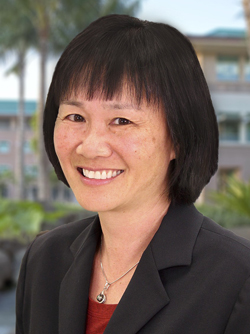
The use of illicit drugs by children under age 11, adolescents 12–17 and young adults aged 18–25, is notably persistent. What’s worse, preventive measures are inconclusive.
A study published in JAMA by the U.S. Preventive Services Task Force (USPSTF) has concluded that current evidence is insufficient to make a recommendation regarding primary care-based behavioral counseling interventions to prevent illicit drug use (including non-medical use of prescription drugs) in children, adolescents and young adults.

Contributing to the study is Chien-Wen Tseng, professor of family medicine and community health of the University of Hawaiʻi at Mānoa John A, Burns School of Medicine (JABSOM). Tseng is a member of the USPSTF, which routinely makes recommendations about the effectiveness of preventive care services.
Illicit drug use, defined as the use of substances (not including alcohol or tobacco products) that are illegally obtained or involve non-medical use of prescription medications, contributes to the leading causes of death among young people ages 10–24, including motor vehicle accidents, suicide and homicide.
“We need a lot more research on this really important issue,” Tseng said. “It’s unfortunate that we cannot yet make a recommendation for behavior counseling interventions for those who have never used drugs as well as those with early or experimental use.”
The recommendation is consistent with the previous USPSTF statement in 2014, except that it now includes young adults aged 18–25.

